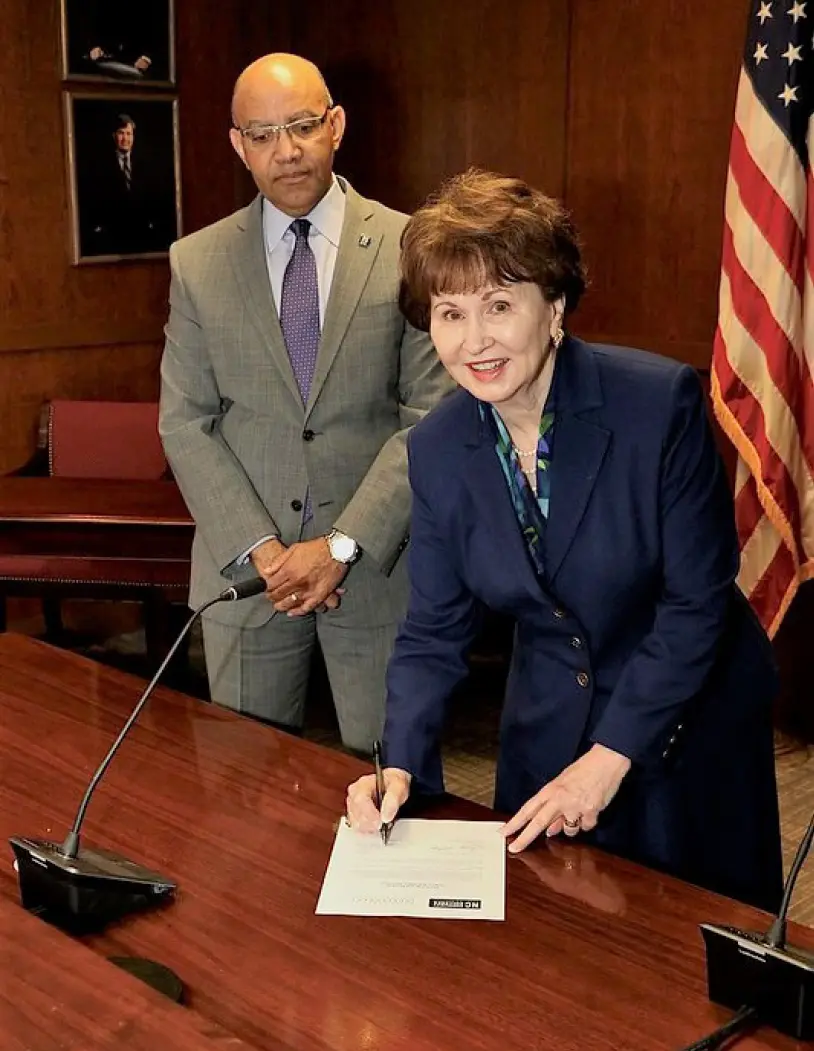
Final Evaluation Report for Independent Transfer Pathways in North Carolina Project

The Council of Independent Colleges (CIC) and North Carolina Independent Colleges and Universities (NCICU) have long aimed to repair this broken promise. Serving independent, predominantly nondoctoral colleges and universities, our two organizations see great mutual benefit in supporting community college transfer into our institutions to increase enrollments, support local communities, and provide students with a transformative liberal arts education that culminates in a timely baccalaureate degree. With generous funding from the Teagle Foundation, CIC and NCICU set out in 2019 to increase transparency in the transfer process and build a framework for student support, beginning with enrollment at a community college through graduation from a four-year institution, with a focus on two degree pathways in sociology and psychology.
We are deeply proud of the work achieved in the last four years through a strong collaboration between our institutions and the North Carolina Community College System. Despite the onset of a global pandemic in in its early months, the project not only generated the promised articulation agreements for these two pathways, but also built a stronger culture of transfer based on trust and a shared commitment to serving the students of North Carolina. We owe this success to the enthusiastic participation of faculty members and administrators at 14 community colleges, one independent two-year college, and 15 independent colleges and universities, as well as excellent leadership from staff at CIC and NCICU.
It is our hope that this project, and the accompanying report, will serve as a model for future initiatives to revitalize and improve transfer processes from community colleges to independent four-year colleges and universities, particularly those that aim to build longstanding, statewide agreements. As we highlight in the ensuing pages, forging relationships based on trust and mutual respect—within campuses, between similar institutions, and across sectors—benefits everyone, particularly the millions of students who enroll in a community college with the dream of eventually earning a baccalaureate degree.

President
Council of Independent Colleges

President
North Carolina Independent Colleges and Universities